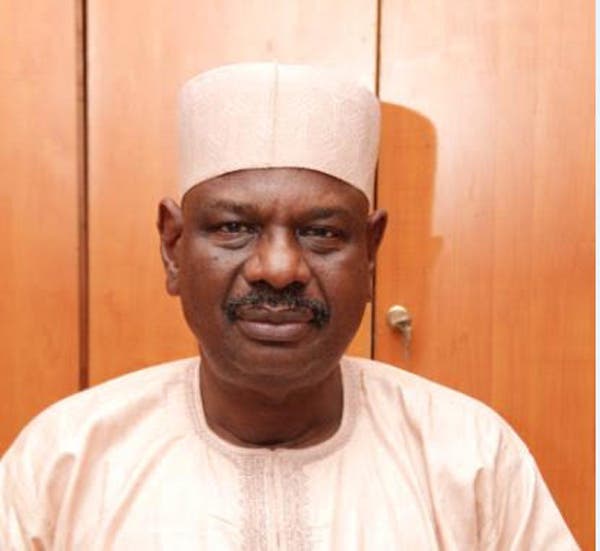From Isaac Anumihe, Abuja
The Transmission Company of Nigeria (TCN) has revealed that completing over 120 inherited projects will require an estimated investment of N1.7 trillion.
In a presentation yesterday, TCN’s Managing Director, Sule Abdulaziz, committed to finishing all the stalled projects, emphasising the company’s dedication to overcoming the challenges posed by these legacies.
Abdulaziz highlighted the significant strides TCN has made, including the effective implementation of Frequency Control and Load Balancing, which has led to a marked reduction in partial and full system collapses. He reassured consumers of the company’s commitment to delivering consistent and reliable power supply.
He also noted the enhancement of grid visibility through the deployment of Automatic Meter Reading Infrastructure by in-house engineers.
“Additionally, TCN has initiated the integration of Supervisory Control and Data Acquisition (SCADA) systems. This advanced technology will facilitate real-time monitoring and control of the power grid, improving grid stability, minimizing transmission losses, and enabling faster response to faults and disturbances”, he said.
The MD outlined a comprehensive digital transformation strategy, utilising both homegrown solutions and vendor-procured applications to optimise TCN’s operations.
“A dedicated web portal has been established for managing generation outputs and allocations to distribution companies (DisCos), further streamlining the company’s processes”, he added.
Addressing financial challenges, Abdulaziz identified liquidity as TCN’s major concern. He reported that the Central Bank of Nigeria (CBN) has allocated approximately N122 billion for interventions. Under this scheme, 53 projects in ten distribution franchise areas were initially funded at N107.67 billion. “However, due to currency re-denomination and economic adjustments, the final contract value was revised to N104 billion, reflecting a savings of approximately N3.67 billion”, he said.
He assured the committee that all 53 projects have been converted to naira contracts, with adjusted scopes to align with current economic conditions, ensuring effective and efficient use of resources.
